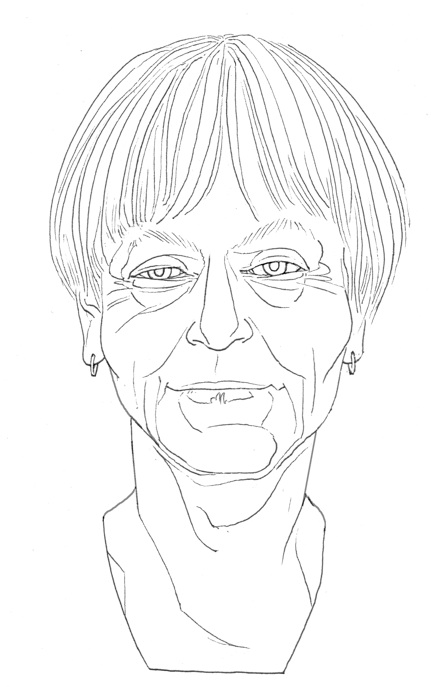Ursula K. Le Guin was raised by an anthropologist and a writer. Not just any anthropologist: her father Alfred L. Kroeber, was the first person to earn a Ph.D. in anthropology in the United States, and after graduating from Columbia University he founded the first anthropology program at Berkeley.
This was where Le Guin grew up, in a redwood house near the school, and spending summers in Napa Valley. The descriptions of it sound idyllic, actually like something out of one of Madeleine L’Engle’s novels. She sent her first story to Astounding Science Fiction when she was 11, but was unfortunately rejected. During World War II her three brothers were away in the military, and she spent the summers of her teen years sharing the house with her parents.
On her website, she writes:
“There was no TV then; we turned on the radio once a day to get the war news. Those summers of solitude and silence, a teenager wandering the hills on my own, no company, “nothing to do,” were very important to me. I think I started making my soul then.”
She was interested in her father’s work, but, as she said in a wonderfully prickly interview with Vice Magazine, “…he thought in facts and I think in fiction.” This melding of an imaginative voice and close study of humanity became the great through-line of her writing, and is what makes her so unique. She gives us beautifully imagined worlds that focus on human interaction, and science fiction about communication rather than hardware. Her planets are populated by mostly non-white people, to reflect the primarily non-white make up of Earth’s own population, rather than focusing narrowly on versions of white Western culture. Her characters develop an ansible, a machine that allows instantaneous communication, before they develop faster-than-light travel.
She is willing to dig into stories that most people glide over. Where most people, even speculative fiction writers, simply accept a gender binary and move on with their day, Le Guin wrote The Left Hand of Darkness, entire book dealing with people who only become gendered for a few days a month. Those genders are random, unexpected, and for the duration of those days you work with what you’ve got. In The Dispossessed she explores the construction of language and the meaning of utopia. The Lathe of Heaven looks at social ills and one man’s attempt to heal them with his dreams—which often proves disastrous. And in the Earthsea books she gives us a world whose only land is an extensive archipelago, so rather than writing a straightforward magical coming-of-age story as Ged becomes a wizard, she tells us how the land and sea build a foundation for Ged’s society. In one of her most recent books, Lavinia, she takes a minor character from the Aeneid and makes her the focus of the entire story, which turns increasingly surreal, as Lavinia herself seems to know she’s a character in a story. For half a century she’s been using science fiction and fantasy to tell us what we are, and more importantly, tell us what we could be.
Her awards are ridiculously numerous, so I’ll just send you to read her thoughts on refusing awards—it’s much more interesting reading than a list of Hugos and Nebulas. In 1975 she was named the sixth Gandalf Grand Master of Fantasy, the Science Fiction and Fantasy Hall of Fame inducted her in 2001, and the Science Fiction and Fantasy Writers of America made her its 20th Grand Master in 2003. Her literary children include David Mitchell, Michael Chabon, Jonathan Lethem, Kelly Link, and Neil Gaiman. She is one of the writers most responsible for bringing science fiction and fantasy elements back into “literary” fiction, and when the barriers between high and low culture are finally broken down (which I think will happen very soon) she’ll be the one we thank for it. Many happy returns, Ms. Le Guin!
This article was originally published October 21, 2014.










